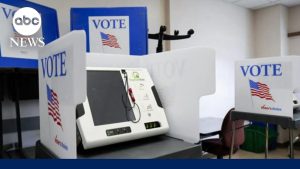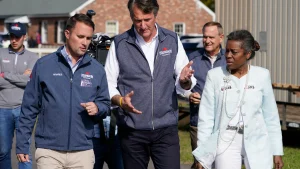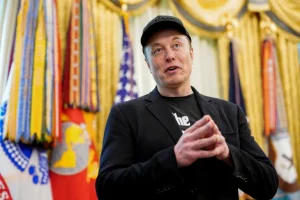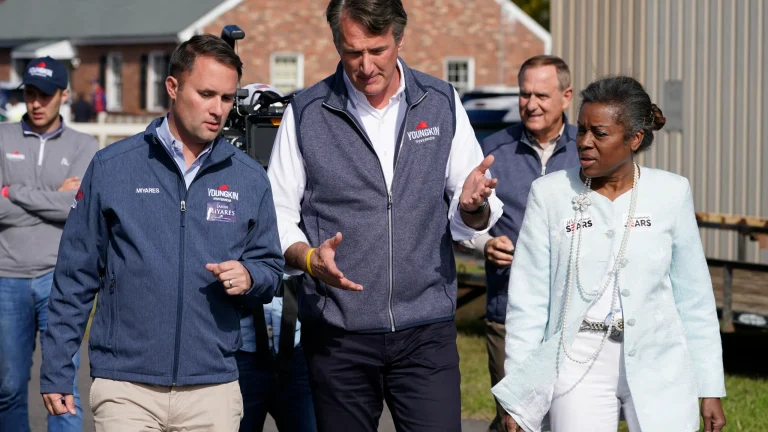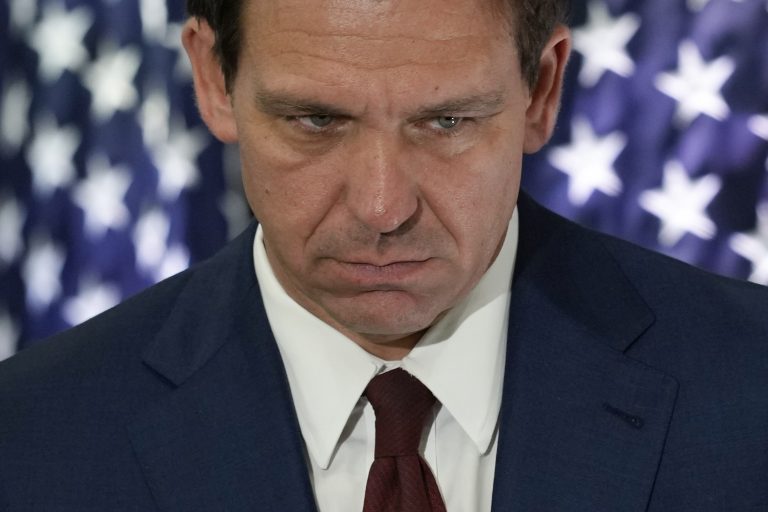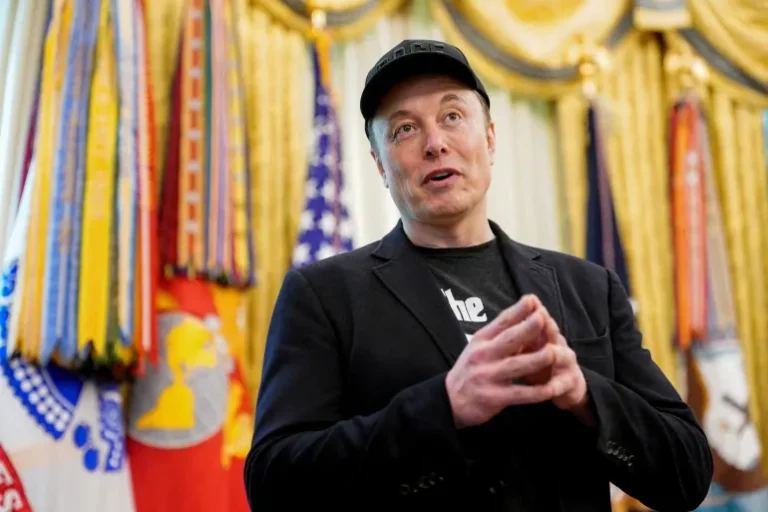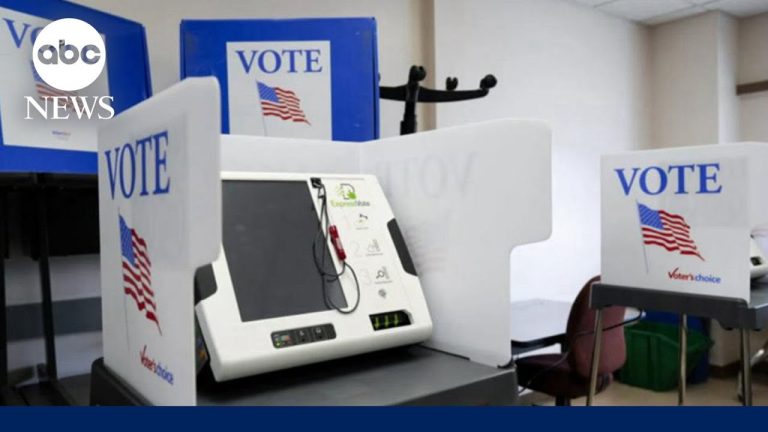 -By Paul Blumenthal
-By Paul Blumenthal
December 1, 2011- In a Thursday session featuring a lengthy and testy exchange between two commissioners and the repeated invocation of comedian Stephen Colbert, the Federal Election Commission deadlocked on a 3-3 vote on yet another controversial campaign finance issue raising the Supreme Court's Citizens United decision.
American Crossroads, the multimillion-dollar conservative super PAC linked to Karl Rove, had sought to run a variety of ads featuring members of Congress. The question before the FEC was whether super PAC ads featuring a member of Congress would violate the coordination ban, which blocks certain interactions between independent groups like American Crossroads and candidate committees.
The language of the coordination ban is defined in strictly legal terms, which differs from the common or dictionary understanding of certain words. Highlighting this difference was a sentence in the Crossroads request stating that, although the ads would be "fully coordinated" with candidates, they should not qualify as "coordinated communications."
This made-for-late-night-TV statement became a part of a running gag on "The Colbert Report," the Comedy Central show helmed by the comedian. And, ultimately, the statement and Colbert's lampooning of it defined the divide on the FEC that led to Thursday's deadlock.
At Thursday's hearing, Donald McGahn, a conservative voice on the commission, asked Crossroads lawyer Thomas Josefiak to explain the meaning of "fully coordinated," since "the Colbert Nation has been released."
"Certainly they're coordinated, but we're using that in the lay sense," Josefiak stated. "The question is, is it coordinated from a regulatory perspective?"
Coordination rules at the FEC set forth a three-prong test to determine if an expenditure is coordinated. Those prongs are payment, content, and conduct. As Crossroads had already conceded the ads met the payment and content standards in its request, the debate focused on the conduct standard.
McGahn tried to keep the argument centered on the three-prong test, which he believed some of the proposed Crossroads ads did not meet. But the Democratic commissioners sought to deny the PAC's request not under the FEC rules, but under the law's definition of a contribution.
"This is a question of whether we're looking at the forest or we're looking at the trees," Commissioner Ellen Weintraub said. "Part of the forest is that there's a statute, and the regulations can't reverse the statute. … There's no way to get around the conclusion that this is a fully coordinated effort with candidates. … It falls squarely under the statute."
Weintraub also thanked Colbert for "shining a light on this little corner of government" as she brought up the hundreds of comments the commission had received on the Crossroads request from viewers of his show.
"Obviously, this request struck a chord with a lot of people out there," Weintraub said, adding, "Most of them were not very complimentary of what the requester is doing."

